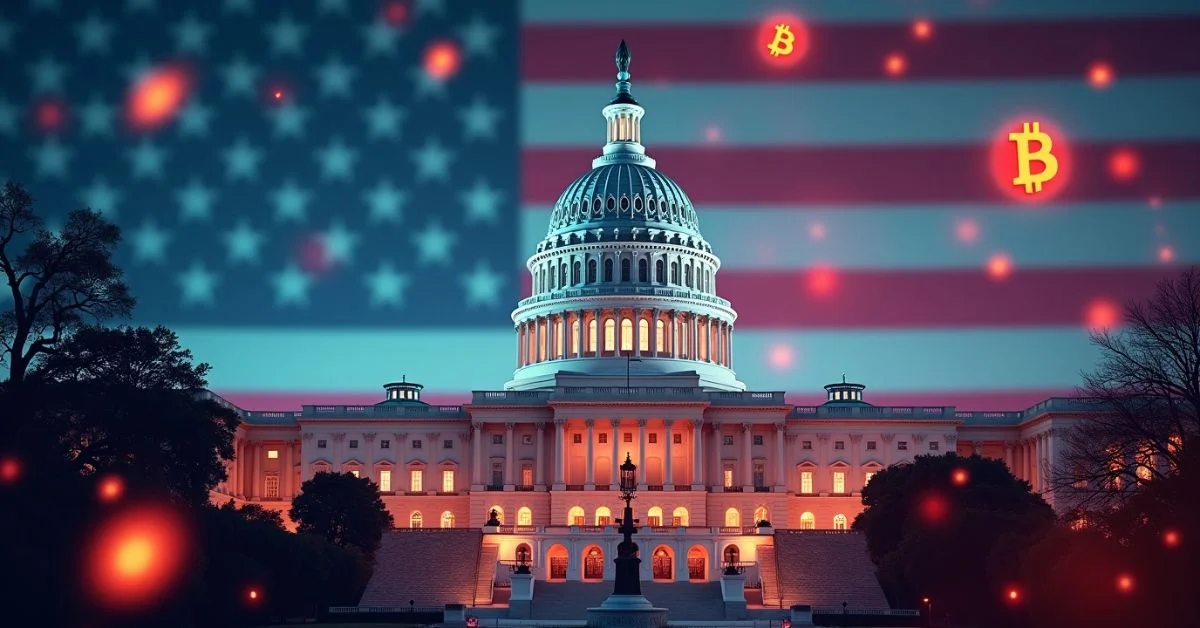The U.S. House of Representatives on July 16 took an important step toward crypto regulation by advancing a procedural motion to allow debate on stablecoin legislation. This move paves the path for the GENIUS Act, a Senate-approved bill designed to create a federal framework for stablecoins, digital assets pegged to traditional currencies like the U.S. dollar. The bill is expected to pass the House and head to President Trump’s desk for his signature, pending final procedural votes.
Despite initial progress, lawmakers stumbled over hierarchical disagreements within the Republican ranks. Procedural votes to open debate on a package of several crypto bills—including those addressing broader crypto market structures and a proposal banning a central bank digital currency—have stalled. Some conservatives are pushing to package all crypto-related measures together, causing further delay.
This legislative hiccup has had immediate ripple effects: U.S. crypto markets wavered after a stalled vote, though prices recovered once talk resumed of procedural breakthroughs. Bitcoin briefly slipped during the House gridlock, dropping toward $116,000, but rebounded above $118,000 as hopes revived for stablecoin clarity.
Investopedia
Meanwhile, President Trump has personally intervened to rally internal GOP support. After convening a late-night meeting at the White House, he secured pledges from 11 hesitant members, helping to shift the vote’s outcome.
Why the GENIUS Act Matters?
The GENIUS Act has already passed the Senate with broad bipartisan backing (68-30) and would require stablecoin issuers to maintain reserves in liquid assets, along with mandatory disclosure standards. Industry advocates hope this law will cement the regulatory legitimacy needed for digital assets to flourish in mainstream finance.
However, broader legislation, including the CLARITY Act, which targets overall crypto-markets, and a bill to bar a U.S. Central Bank Digital Currency, remains in limbo as lawmakers debate packaging and sequencing.
Key Developments:
- Procedural win: House advanced debate potential on stablecoin regulation (GENIUS Act)
- Senate approval: GENIUS Act passed June 17th, approval 68–30
- Political friction: Dispute among Republicans over combining crypto bills stalls other measures
- Market response: Bitcoin dipped to ~$116K but rebounded over $118K
- Presidential push: Trump personally helped to sway holdouts after late-night meeting
What Happens Next?
The House must still finalize rules for floor debate and schedule votes on each crypto bill. Should the GENIUS Act pass, President Trump will have the opportunity to sign it into law. However, momentum for other parts of the crypto package remains fragile until procedural alignment is reached. As political discussions unfold, cryptocurrency markets and industry stakeholders will be watching closely for any breakthrough this “Crypto Week.”



